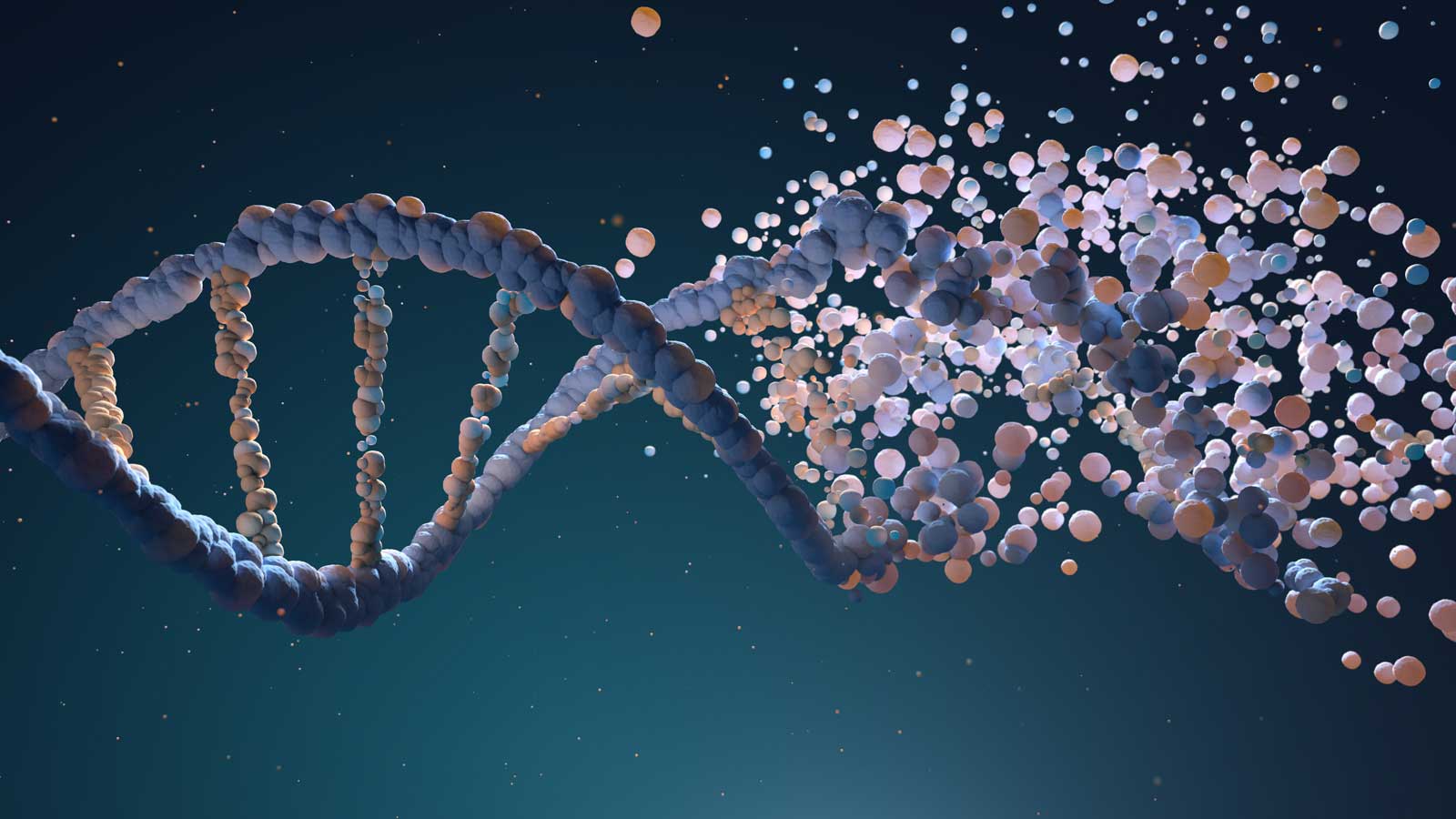Depression and anxiety are prevalent mental health disorders, and the traditional neurotransmitter imbalance theory has been the foundation for antidepressant medications targeting serotonin reuptake. However, recent research challenges this theory, prompting a holistic approach to mental health.
The Flawed Serotonin Theory:
The neurotransmitter imbalance theory of depression suggests that serotonin deficiency causes anxiety and depression. However, a recent 2022 umbrella review by Moncrieff et al. showed little evidence to support this claim. Examining various mechanisms involving serotonin deficit, including serotonin levels in the blood and cerebrospinal fluid and studying serotonin receptors, transporters, and genes, yielded no convincing evidence.
A Holistic Approach:
Mental health disorders, such as anxiety and depression, resulting from an interaction between various body systems. Recent research shows three key underlying imbalances that precede and perpetuate neurological dysfunction, the root cause of mental health disorders.
- Chronic stress and hypothalamic-pituitary-adrenal (HPA) axis dysfunction.
- Systemic and neuro-inflammation.
- Gut dysfunction.
Stress, Inflammation, and Gut Dysfunction as Drivers:
Chronic stress and HPA dysfunction are predisposing factors in the development of anxiety, depression, and phobias. These factors disrupt mitochondrial function and neuroplasticity, contributing to mental disorders. Acute and chronic stress induces systemic inflammation, associated with neuro-inflammation, leading to mitochondrial dysfunction and reduced neuroplasticity. Gut dysfunction and alterations in intestinal permeability (IP) and microbial balance also promote systemic and neuro-inflammation.
The Role of the Gut:
The gut-brain connection is critical in maintaining mental health. The gut and brain communicate via the vagus nerve, immune system, and short-chain fatty acids. Dysbiosis and IP can lead to neuro-inflammation, impacting central nervous system function and mental health disorders. Specific probiotic strains can optimize gut health and reduce systemic inflammation, thereby aiding the management of mood disorders.
Conclusion:
The flawed serotonin theory of depression has led to overprescribing anti-depressant medications. Recent research highlights the need for a holistic approach to mental health disorders, considering the interplay between stress, inflammation, and gut dysfunction. Addressing these underlying imbalances makes it possible to improve mental health and return our focus to the gut, which is the seat of all health.







